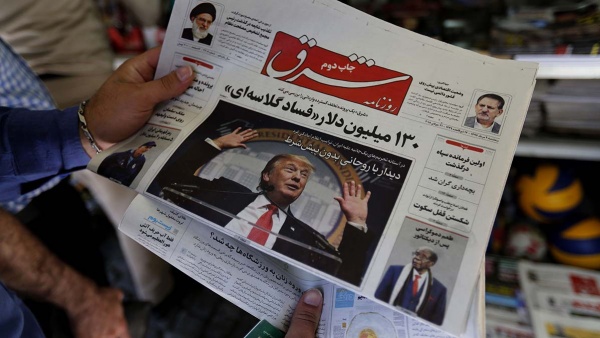Background
Ali Akbar Salehi, the head of Iran’s Atomic Energy Organization announced that the Arak heavy water nuclear reactor will be restarted, which would enable Iran to produce weapons-grade plutonium. Iranian President Hassan Rouhani also stated that Iran would increase uranium enrichment levels if the signatories to the Joint Comprehensive Plan of Action (the Iran nuclear deal or JCPOA) failed to reach a new agreement with Tehran. Iran also hinted at further development of its ballistic missiles as it concluded its most recent missile test. That test occurred despite ongoing constructive talks in Vienna with the European signatories – Britain, Germany and France – seeking to salvage the nuclear deal. Iranian supreme leader Ayatollah Khamenei is adamant that talks with the US will not resume unless Washington lifts the sanctions placed on Iran. US President Donald Trump stated that he is willing to negotiate with Iran, but insisted that Iranian leaders would have to end their pursuit of nuclear power.
It seems that Iran will have to seek another means of negotiating with the Europeans and the US, as its options are now even more limited than before.
Comment
The support that European signatories to the JCPOA, including France, Italy and Demark, gave to the UK in creating a European-led naval security force in the Strait of Hormuz, should have been a signal to Tehran. It indicated that not only was support for the renegotiation of the agreement failing, but also that the possibility of a renewed escalation of hostilities in the region was rising. The arrival of two British warships, HMS Duncan and HMS Montrose in the Strait of Hormuz, in response to Iran’s seizure of a British oil tanker, created a division among the European allies. The German Foreign Minister, Heiko Maas, stated that ‘Germany does not subscribe to the US’ policy of maximum pressure’ and added that shows of force could further undermine efforts to solve the crisis.
Read the article by Norbert Chang, Research Assistant, Indo-Pacific Research Programme on Future Directions International.

